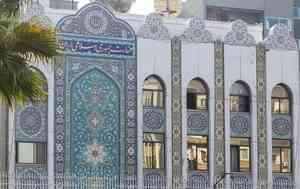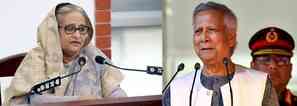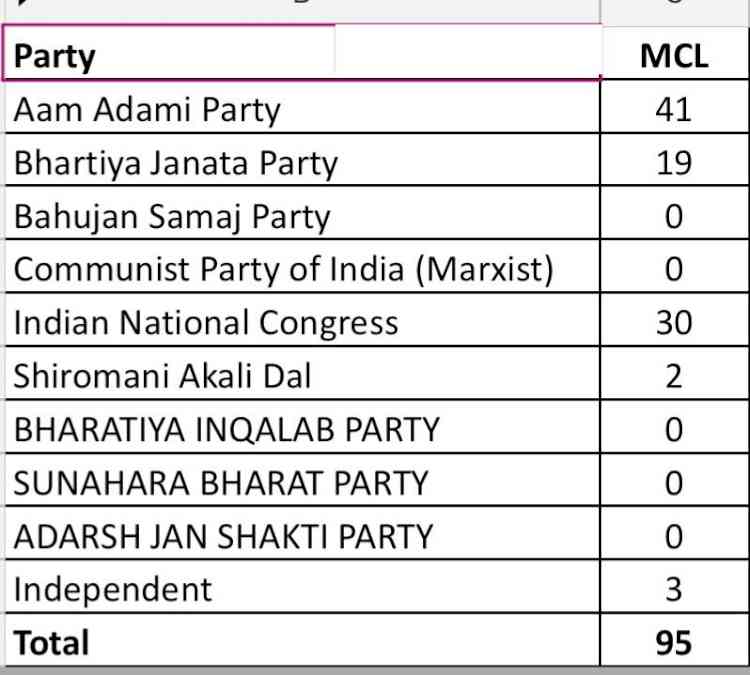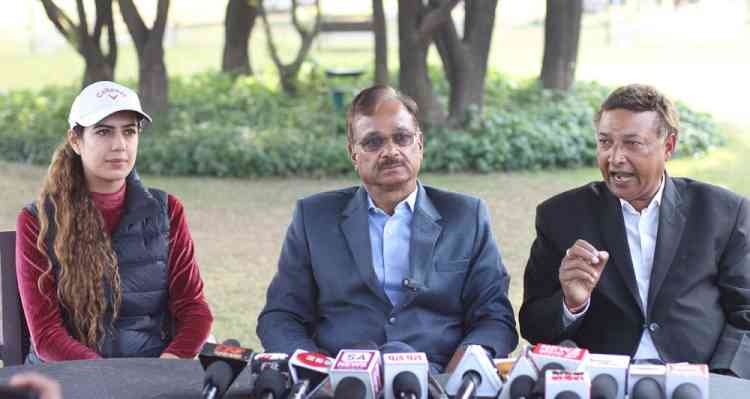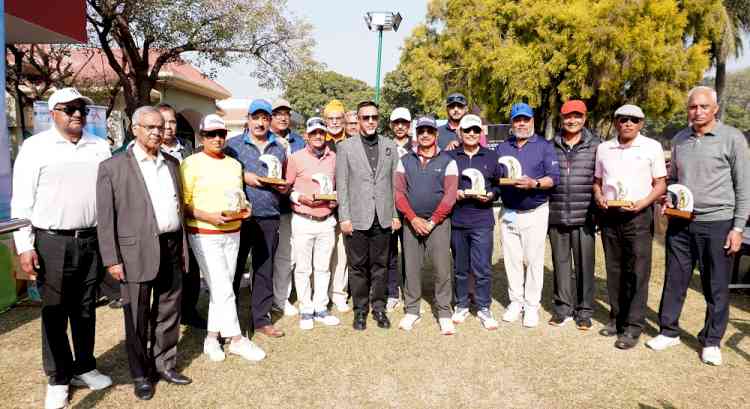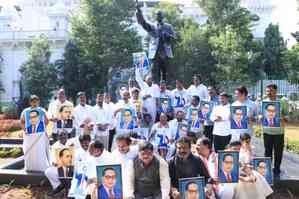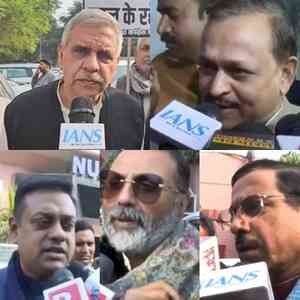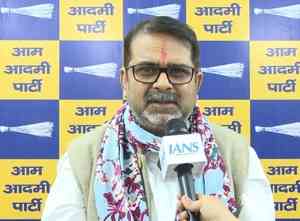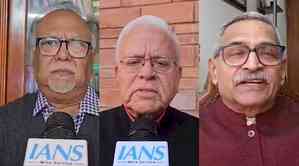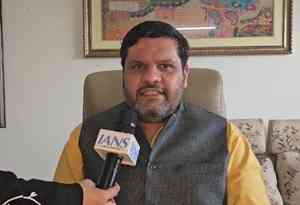Hasina's extradition not possible on politically motivated charges, without evidence: Former diplomat on Bangladesh request
Experts reckon that in spite of a bilateral extradition treaty that exists, it seems highly unlikely that New Delhi would heed to Dhaka's request for extradition of Sheikh Hasina, the former Prime Minister of Bangladesh who had to flee the country in an ignominious manner and seek refuge in India on August 5, earlier this year.
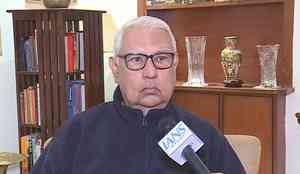
New Delhi, Dec 24 (IANS) Experts reckon that in spite of a bilateral extradition treaty that exists, it seems highly unlikely that New Delhi would heed to Dhaka's request for extradition of Sheikh Hasina, the former Prime Minister of Bangladesh who had to flee the country in an ignominious manner and seek refuge in India on August 5, earlier this year.
"Extradition treaties have extraditable offences and also political offences which are exempted. So questions will be raised if this is a political offence or not as Hasina is not a convicted criminal. Also, the entire case is interesting because Hasina was sent by these people only, by their army which is a state institution. How can you first force someone to leave the country and then seek the extradition of the same person? This will surely have a lot of legal complexities," India's former High Commissioner to Bangladesh Pinak Ranjan Chakravarty told IANS on Tuesday.
The interim government in Bangladesh led by Chief Advisor Muhammad Yunus on Monday announced that it has sent a diplomatic note to the Indian government, asking for the extradition of Sheikh Hasina.
"We have informed India. We have conveyed our request for Sheikh Hasina's return for judicial purposes. This has been communicated through a note verbale (diplomatic note)," said Touhid Hossain, the Foreign Affairs Advisor of the interim government.
The country's Home Affairs Advisor, Lt. Gen. (Retd.) Md. Jahangir Alam Chowdhury also said that his ministry had written to Hossain's office to facilitate the return of the ousted Prime Minister from India.
"We have sent a letter to the foreign ministry regarding her extradition. The process is currently underway. They have an extradition agreement with us," said Chowdhury.
However, people aware of the legalities involved believe that the extradition request does not hold water since it appears to be completely politically motivated.
"There are many legal steps that have to be taken in such cases. Right now, it is just a letter that has arrived and I am not sure if any dossier of evidence is also attached to it or not. They have filed so many cases against Sheikh Hasina but there has not been any conviction. They want us to hand over their former PM and then start legal proceedings against her. There is a process that is involved in acting on extradition requests. The MEA has a legal entities division that looks after such issues. So, I think the entire thing will be carefully examined first and then only any decision would be made. It is not easy as we have seen that the process of extradition takes years. The judicial process even in the US and UK takes very long when it comes to extraditing someone. We too have a similar system," says Ambassador Chakravarty.
The seasoned diplomat, who has also served in Thailand, Philippines and several other countries, believes that if the Indian government wants, it can turn down the extradition request if it is legally untenable under the extradition treaty and is found to be politically motivated.
"They have to give some evidence to India which, it seems, does not exists at the moment. For extradition to take place, an order from a judicial magistrate is needed and the authority will ask for evidence. Also, if any order is passed, it can be challenged in a higher court. All this, as you know already, takes a lot of time," mentioned Chakravarty, a former Indian Foreign Service officer.
"Everyone knows that there was a lot of bitterness between Prof. Yunus and Sheikh Hasina. She can stay here for as long as the Indian government wants. It has happened before also when she had stayed here for several years after the massacre of her family. We have never refused anyone if they seek refuge in India. The Dalai Lama still stays in India," he added.
--IANS
int/as


 IANS
IANS 

